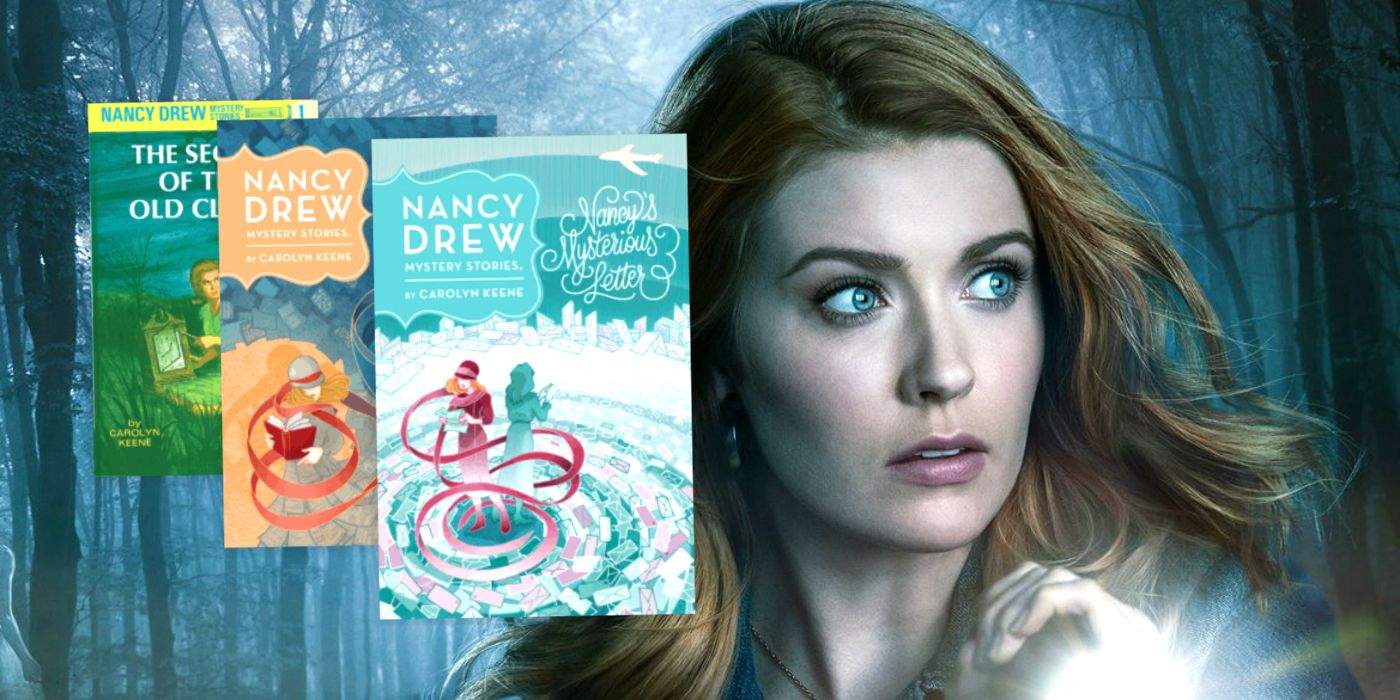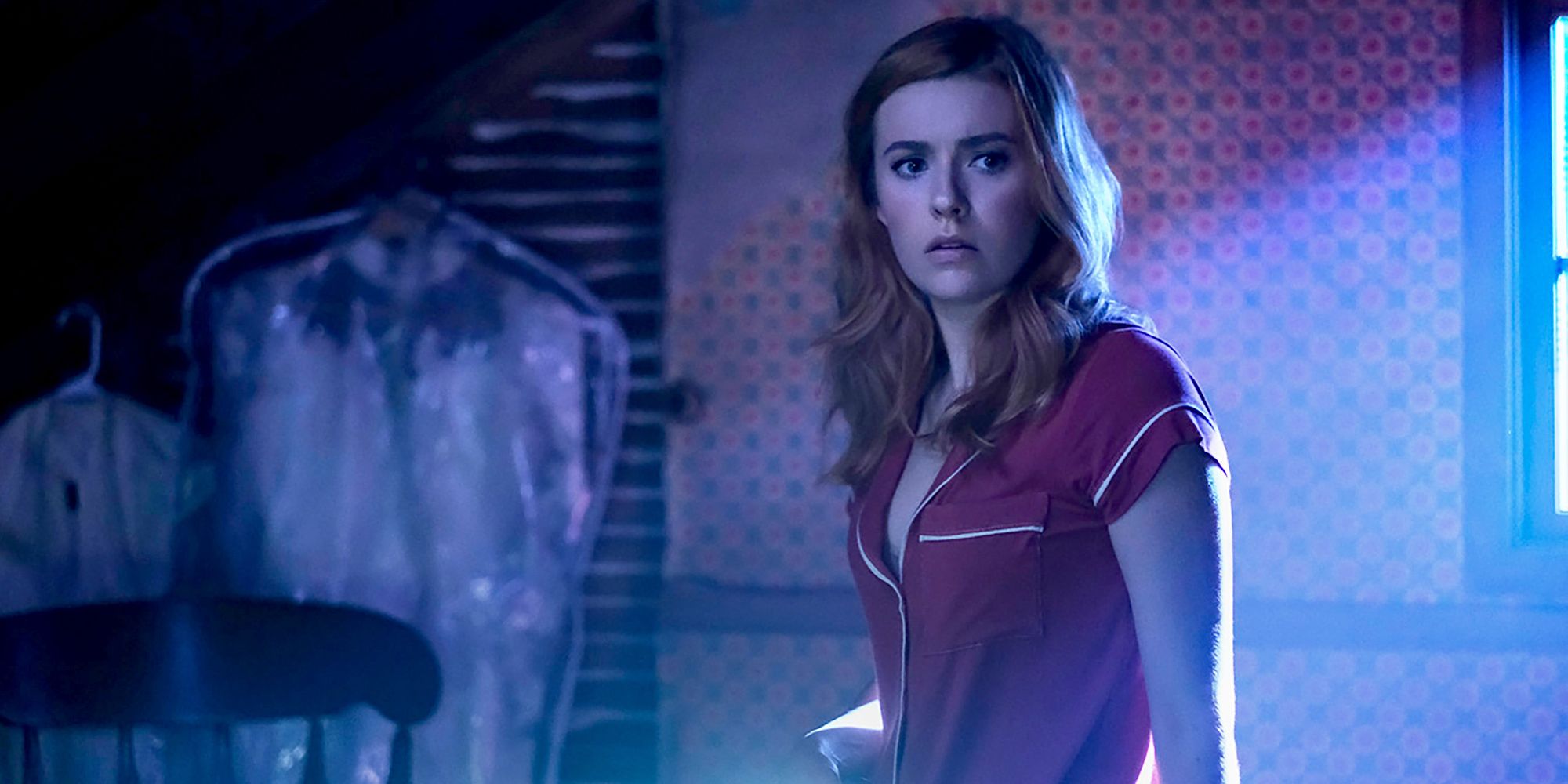The CW's new Nancy Drew series is nothing like the books. One of America's most famous fictional heroines, Nancy Drew was created by Edward Stratemeyer as the female counterpart to the Hardy Boys. She's best known as the star of a popular series of novels, ghostwritten by multiple authors but published under the pseudonym "Carolyn Keene".
Nancy Drew has had a surprisingly pronounced cultural impact. She's inspired generations of women - ranging from Hillary Clinton to Oprah Winfrey - and as such is generally seen as a feminist icon. She's never been out of print, appearing in over 250 books, and has featured in a range of films, TV shows, and even computer games. Each generation has reinvented Nancy, who's aged up and down, changed hair color, and acquired best friends and even a boyfriend. The CW has just launched the latest adaptation.
But The CW's Nancy Drew series is a radical departure from the books. The first episode introduces a version of Nancy who has sworn off of detective work after a family tragedy, and now serves as a waitress as she tries to work out what to do with her life; she's played by Kennedy McMann (best know for her performance in Gone. The pilot openly acknowledges that this portrayal of Nancy Drew is likely to take viewers by surprise; there's one scene in which Nancy contemplates the fact that her life has gone in an unexpected and disturbing direction, and the character seems to be speaking to the viewers, appealing to them to accept this new incarnation.
All the characters in Nancy Drew will be jarring for viewers who grew up on the books. George Fayne (Leah Lewis, Charmed, Station 19) is Nancy's boss at the cafe she works at, and the two have history after Nancy apparently exposed one of George's relationships she was attempting to keep quiet. Bess Marvin (Maddison Jaizani, Into the Badlands, Versailles) moved to Horsehead Bay fairly recently, and appears to long for the glitz and glamour of the lifestyle she left behind; she's one of Nancy's fellow waitresses. Nancy initially rebuffs their attempts to join in the investigation, but ultimately caves in when they force their way into her life. The whole dynamic feels strangely uncomfortable when compared to the close friendships in the books, where Bess and George are Nancy's schoolfriends - and are cousins. It's possible that The CW's new portrayal is intended as something of a meta-commentary on modern society as a whole; that in the modern world, even teenagers with the intelligence and curiosity of Nancy Drew and her friends wind up missing any opportunities, forced into dead-end jobs.
But the issue isn't just with the characterization; the whole tone and style of The CW's Nancy Drew is an uncomfortable departure from the books. While some Nancy Drew novels indulged in supernatural tropes, the Nancy Drew series dives deep into them, establishing a sinister local superstition in Horsehead Bay. By the end of Nancy Drew's pilot episode, Nancy Drew is being guided by mediums and looks to be at risk from a ghost. It's reasonable to assume this will all turn out to be a Scooby Doo style plot, with Nancy unmasking the ghost as a real human being in the end, but the creepy tone is still somewhat surprising. It will be fascinating to see whether Nancy Drew fans can make their peace with The CW's series.


